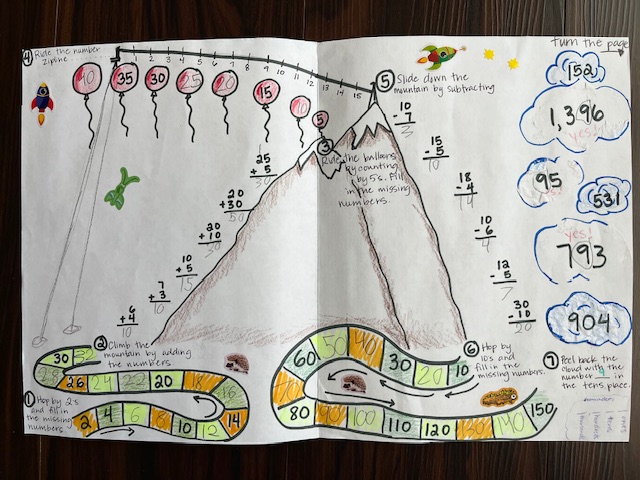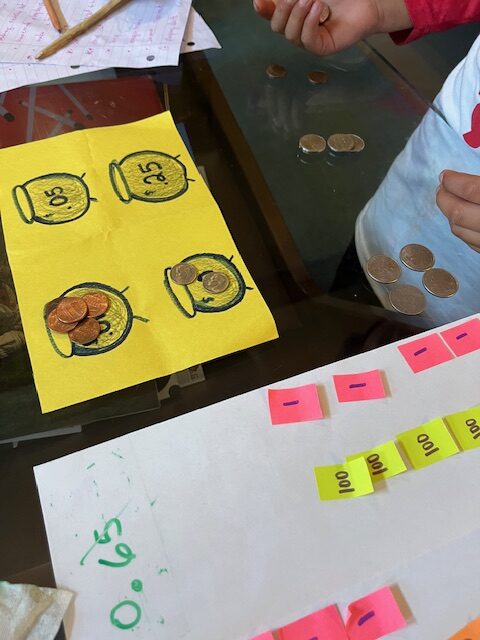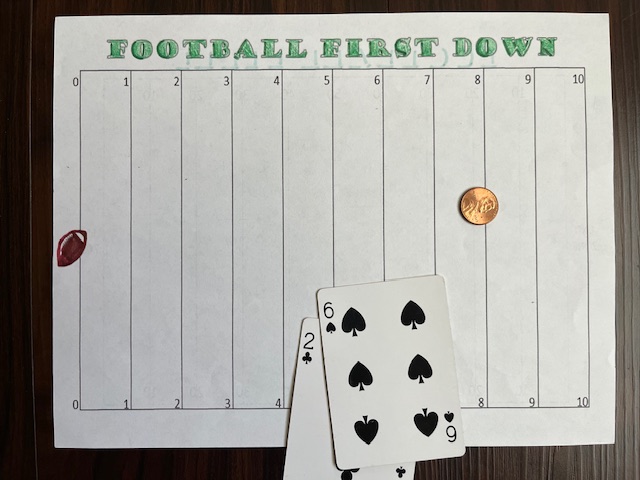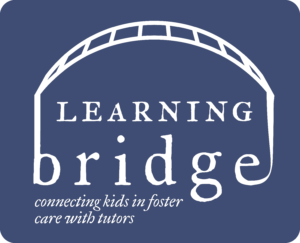Hey there, tutors! Our blistering Texas summer is around the corner. As we gear up to endure the heat, let’s also gear up to tackle the “summer slide” with our amazing foster and unhoused youth. We’ll jump into what the summer slide means for our kiddos and explore some super cool ways we can keep the learning going strong all summer long.
Understanding the Summer Slide for Foster & Unhoused Youth
So, what’s the deal with the summer slide? It’s like a roller coaster for our brains, but not the fun kind. When students take a break from school, they can lose one to three months of learning which can lead to challenges in the new school year, including potentially starting at a lower level than they left off, struggles keeping up with the curriculum, lower grades, and potentially even a decline in overall academic confidence.
Already concerning is that Texas ranks low in academic achievement. For youth in foster care, the impact of the summer slide is even more pronounced due to frequent school changes, placement disruptions, and trauma-related challenges. How does summer learning loss impact these kiddos?
How Summer Learning Loss Affects Foster & Unhoused Youth
- Bigger Learning Loss: Foster and unhoused youth often face way more academic setbacks over the summer because they’re dealing with things like unstable living situations, not having that consistent support system, and missing out on educational resources that other youth might have.
- Harder to Remember What They Learned: When everything in your life feels disrupted and you don’t have consistent access to educational stuff during summer, it’s really tough to hang onto all that knowledge from the school year.
- The Gap Gets Wider: Without summer programs or regular learning opportunities, these kids can fall even further behind their classmates academically – and that gap just keeps growing.
- Behavioral Challenges: When routine gets totally disrupted and they’re not having great summer experiences, it can show up as behavior problems when they head back to school in the fall.
- More Anxiety and Stress: Summer break can actually make things harder for foster children because they lose that routine and stability that school provides – which can ramp up their anxiety big time.
- Feeling Isolated: Foster and unhoused kids might find themselves pretty lonely during summer break since they don’t always have access to camps or activities where they can hang out with other kids and make friends.
Why Should We Care About Summer Learning Loss?
- Kids grades 1st-8th can lose 17% to 34% of the prior year’s learning over summer break
- 84% of students experience summer slide in math between 5th and 6th grade
- The more students gain during the school year, the more they lose
- Foster and unhoused youth already face the lowest high school graduation rates and college graduation rates compared to peers, creating additional challenges to securing employment, housing and stability
Who Is Most Affected by Summer Learning Loss?
Early learners and low-income families are hit hardest by the summer slide. These families often don’t have the same time and resources to devote to kids outside of school, especially in the summer. Foster children face additional challenges due to placement instability and limited access to consistent educational support.
How Tutors Can Slow Summer Slide: Activities That Work
- Let kids voice their choice: Give them choices in what they want to learn about – when kids feel like they have control, they’re way more likely to actually engage.
- Make it playful: Learning doesn’t have to feel like school! Think games, hands-on activities, and stuff that gets them moving and laughing.
- Follow their passions: Is your kid obsessed with dinosaurs? Space? TikTok dances? Use that! Build learning around what already gets them excited.
- Bring on the games: Educational apps, board games, card games – there are tons of options that make learning feel like pure fun.
- READ together: Read-alouds, buddy reading, library adventures – make books part of your regular routine and let them see you loving to read too.
- Keep it bite-sized: Just 20-30 minutes, 3-5 times a week of educational activities for summer. That’s totally doable and won’t feel overwhelming.
- Get creative: Think educational crafts, science experiments, building challenges – hands-on activities that don’t feel like homework.
- Cook, build, create: Measuring ingredients teaches math, following directions builds reading skills, and creating something from scratch boosts confidence.
- Make it a family thing: When everyone’s learning together, it feels less like “kid work” and more like family fun time.
- Add some friendly competition: Set up reading challenges, create learning goals with small rewards, or track progress together – kids love working toward something.
- Use screens smartly: Research that family vacation spot, try coding games, or explore virtual museum tours – make screen time educational but still entertaining.
Summer Learning Success Stories from Fellow Tutors
See what fellow tutors have done in past summers to spark creativity with your lesson planning:
“I created a math adventure map for when my second grade student and I couldn’t meet for a couple of weeks due to summer vacations. His caregiver said he was so pumped when he received it and finished it all on the first day! When we met again, we ‘journeyed’ the adventure together to make sure he had made the right steps. I enjoyed flexing my creative juices and had a blast making the map!”
“We play lots of games in the summer, such as card games and scrabble. We even worked on budgeting his summer money and activities.”
“My student is a major sports fan. So we played ‘football’ by rolling dice or drawing cards to add to 10-yard first downs and eventually touchdowns. He loved it.”



Making a Difference This Summer
Summer learning programs and consistent tutoring support can make a huge difference in preventing the summer slide for our foster and unhoused students. By staying connected with our students, we can help bridge the gap and set them up for success when school starts again! Remember, even small, consistent efforts can have a big impact on a foster child’s academic journey. Let’s make this summer count!
Sources: Allison Atteberry & Andrew McEachin (Annenberg Institute), Kappan, Texas Education Agency, We Are Teachers


Recent Comments